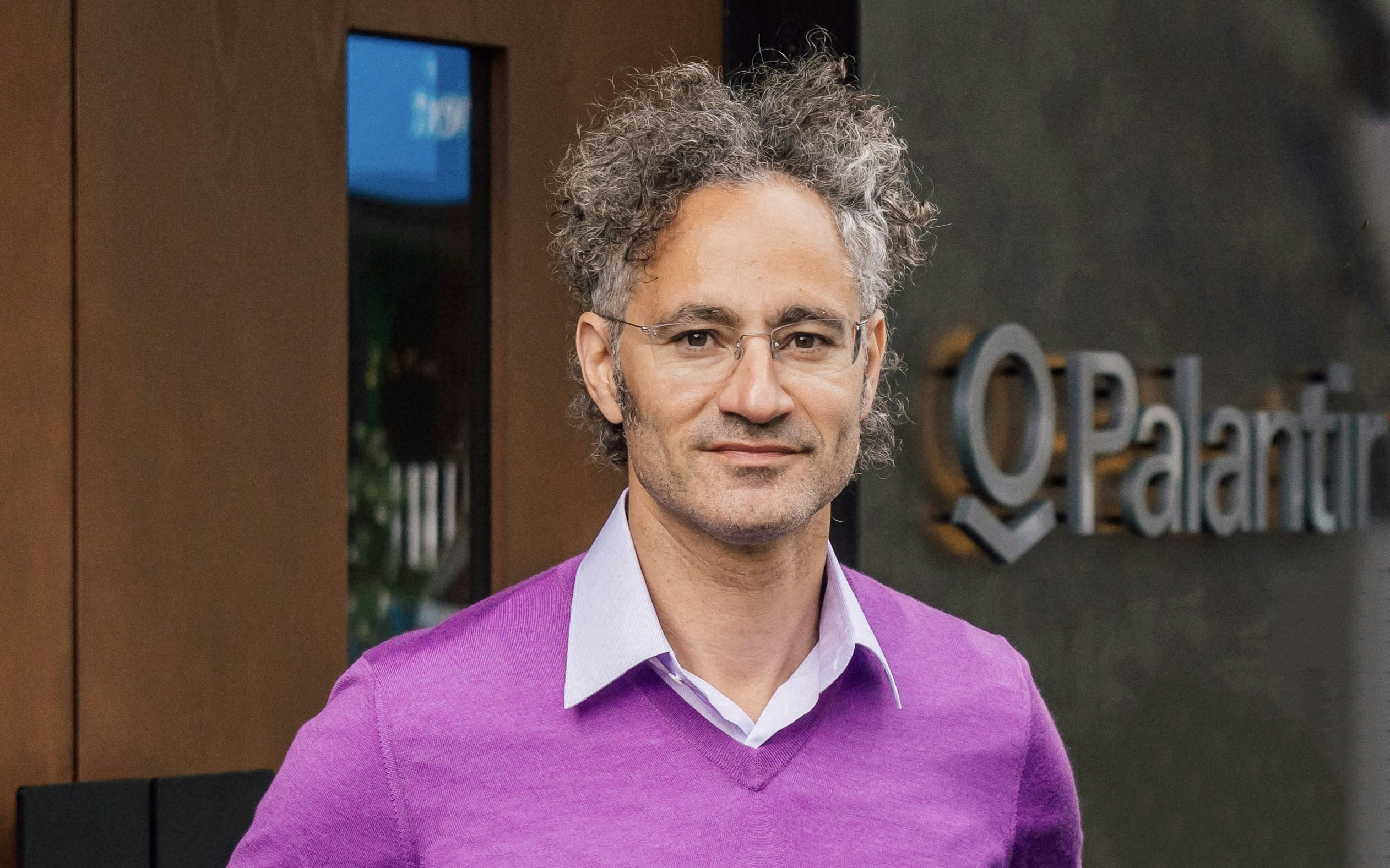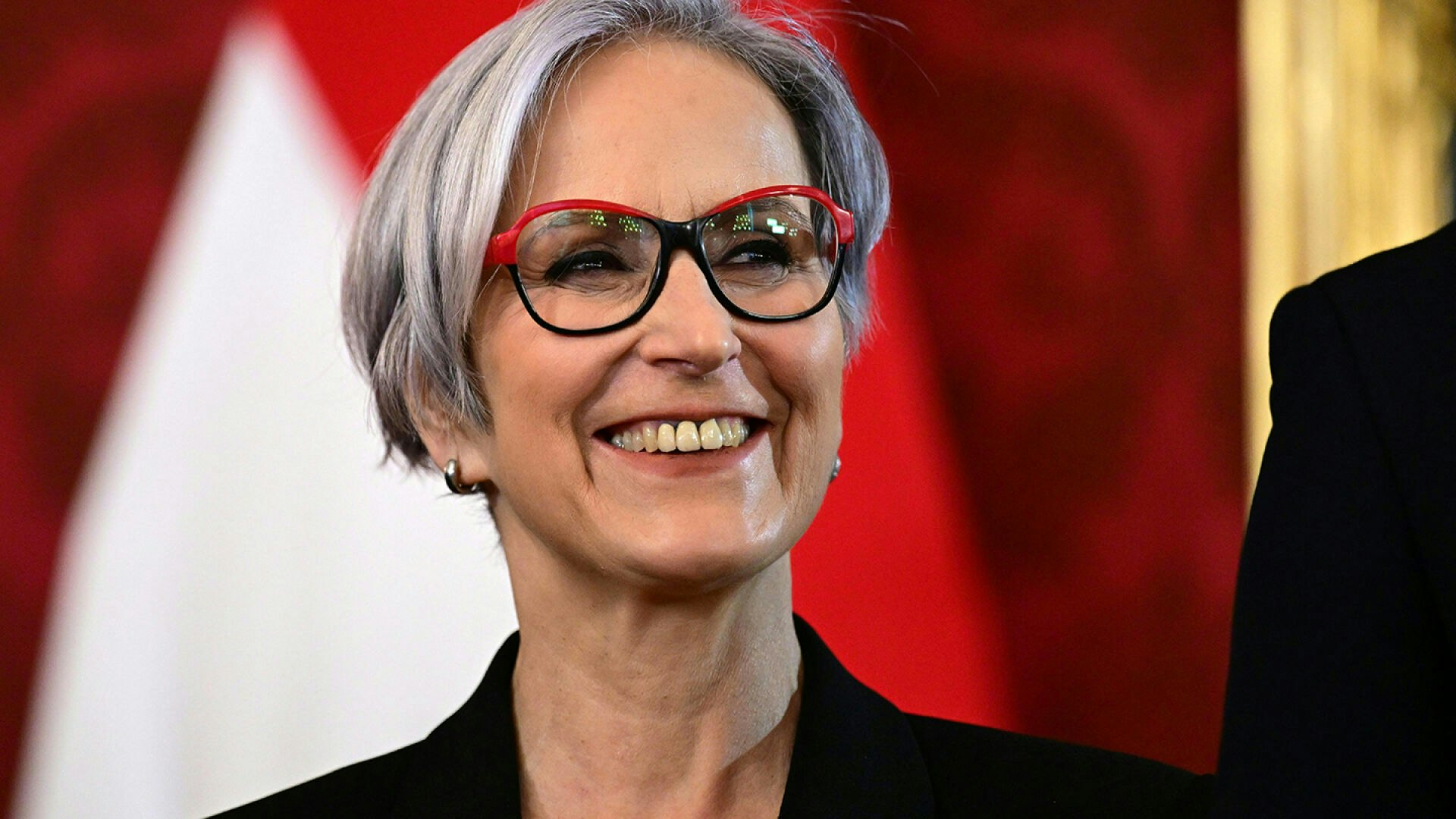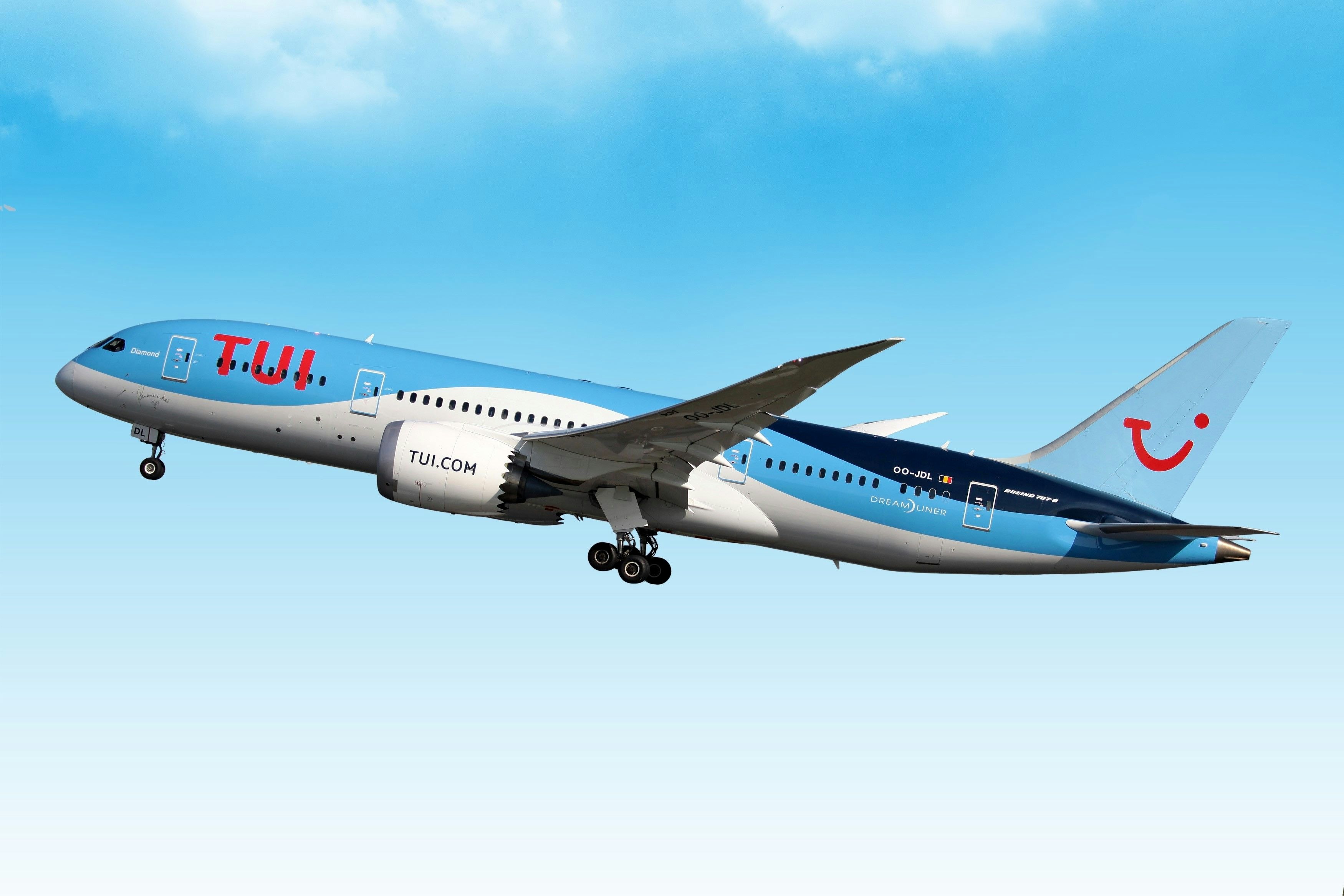Technology
Palantir with the largest jump since 2020: First annual profit and high AI demand boost
CEO Karp attests to "surge" in AI: Sales to US companies significantly increased in the fourth quarter.

Palantir Technologies Inc. surged 31% on Tuesday after reporting high demand for its artificial intelligence technology and providing a higher-than-expected profit outlook for 2024.
The Denver-based software and analytics provider said it expects an adjusted operating profit of $834 million to $850 million this year. This surpasses the average estimate of $760.3 million compiled by Bloomberg.
Palantir also reported a net profit of 210 million USD for 2023, its first profitable year, as CEO Alex Karp announced in a letter to shareholders. This exceeds analysts' expectations of 194.5 million USD.
Our business in the commercial sector is exploding in a way that we cannot handle," said Karp in an interview, as the company reported its financial results. "We don't know what to do with this flood of demand.
The company's revenue rose by 20% in the fourth quarter to $608 million. This exceeds the analysts' expectations of $603 million. The rally on Tuesday was the largest one-day gain since 2020.
The stock has gained more than 150% in the last 12 months. In a statement to investors, analysts at Jeffries said that Palantir was able to benefit from the AI hype faster than Wall Street expected and mentioned the free cash flow forecast for 2024 of $800 million to $1 billion.
but they added: "Our biggest concern is whether they can maintain the momentum after a seasonally strong" fourth quarter. Karp told Bloomberg that he is now "85% focused on US operations" and that he is restructuring the entire company to meet the growing demand for AI.
This is bombastic, especially considering that we have never managed to build an effective sales team," said Karp. He expects Palantir to hold around 2,000 trainings or "boot camps" for potential customers nationwide this year – more than twice as many as last year, because they were successful. "This is product-driven," he said.
Palantir's revenue from the U.S. commercial market increased by 70% in the fourth quarter to $131 million, the company stated. Founded by Karp and billionaire investor Peter Thiel in 2003, Palantir sells AI-powered software to both commercial customers and governments allied with the U.S.
Customers use the products to make complex, data-driven decisions. Customers include the engineering firm Jacobs, luxury car manufacturer Ferrari NV, and the United Nations World Food Programme. Palantir announced that growth comes from both new customers and the expansion of existing customers' requirements.
In the fourth quarter, the company closed 103 deals worth more than 1 million US dollars and 21 deals worth more than 10 million US dollars - about twice and four times as much as in the same period of the previous year.
The company continues to generate the majority of its business from governments. Karp has made Palantir's philosophy of supporting the military goals of the US and its allies a core part of its operations and has won contracts from the Department of Defense, from which other large technology companies had previously withdrawn due to employee resistance.
Karp refused to provide details on how Palantir is currently being used in conflicts around the world but pointed to risks facing the country and its allies from Iran, Russia, and China, saying that the company's tools are "actively used." "We are now operating on three fronts," said Karp.
We are proud of the role we play in all three. I cannot say more.
Some foreign governments have resisted relying on a U.S. company as the centerpiece of technology behind national health, defense, and other operations. Despite widespread expectations that countries like France, Germany, and others would purchase software for their own purposes after the operations in Ukraine and more recently in Israel, this surge has largely not materialized so far.
In a conference call with investors, Karp expressed his frustration with customers in Europe - including the private sector. "Europe has decided not to participate in this revolution," he said, citing the relatively low sales on the continent. As a result, the company is shifting more of its resources to the United States.
Karp said he is sending Palantir employees based in Germany and France back to the USA, where demand is rising faster than employees can handle. Karp also said Palantir is being flooded with a deluge of inquiries from job seekers and that he is personally involved in hiring decisions, as he was in the early days of the company.






